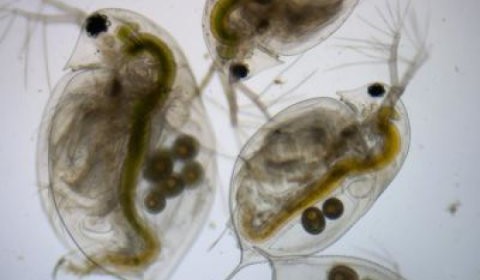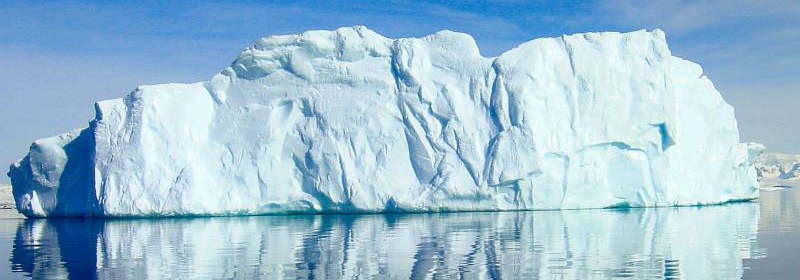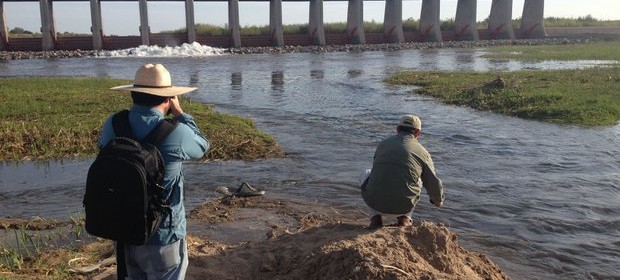Coral reefs continue to die until carbon output drops

Scientists have concluded for the last decade that more-acidic seas have been harming coral, making it more difficult for coral reefs to grow or regenerate themselves. Conducting an experiment over the course of 22 days, scientists flooded Australia’s Great Barrier Reef with an antacid. They found that by lowering the water’s acidity, it caused the coral to grow. Research has […]
Read more








